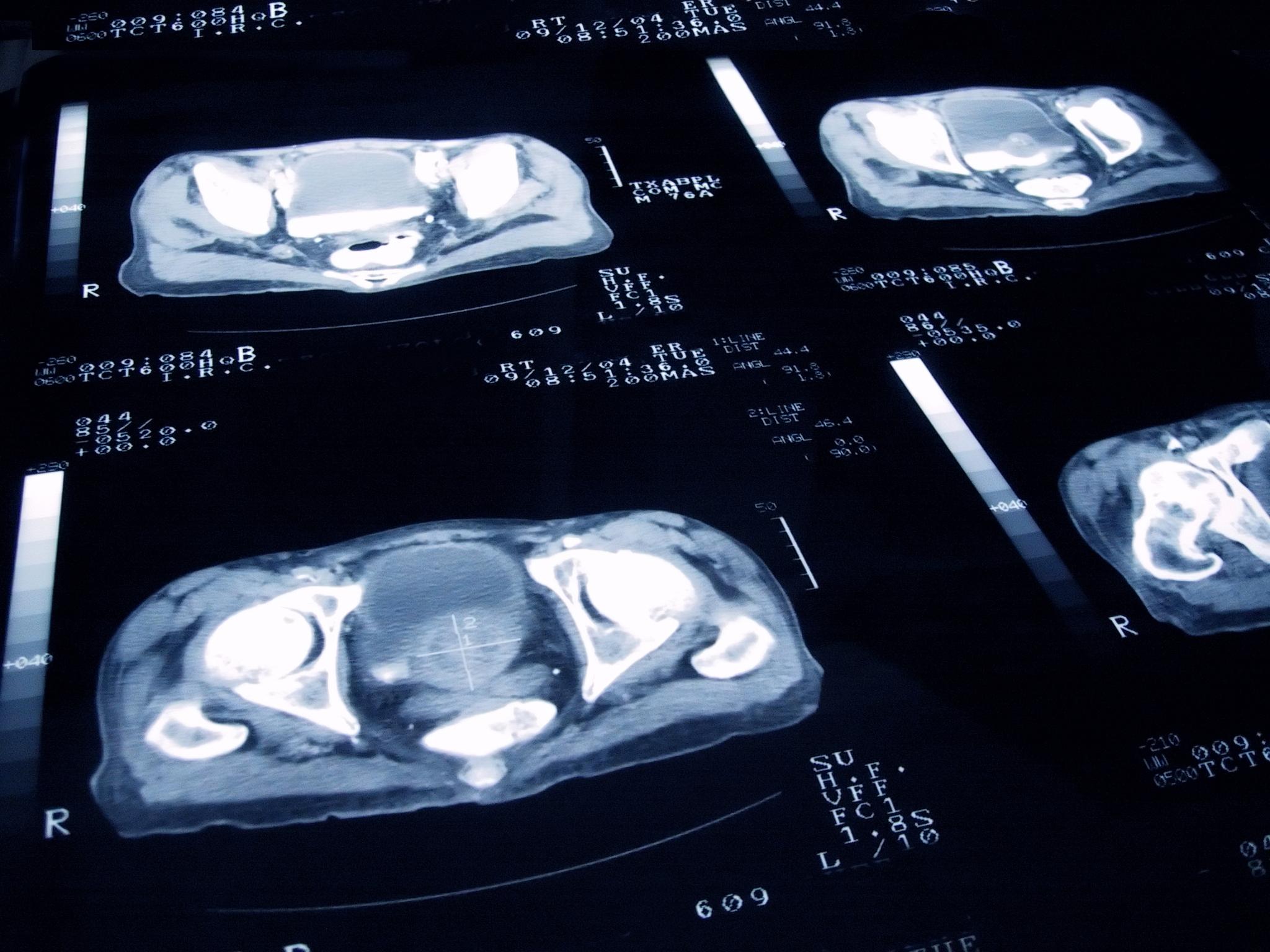Neurotic men more likely to have incontinence and erectile dysfunction after prostate cancer surgery, study says
Research suggests personality tests may improve patient care

Your support helps us to tell the story
From reproductive rights to climate change to Big Tech, The Independent is on the ground when the story is developing. Whether it's investigating the financials of Elon Musk's pro-Trump PAC or producing our latest documentary, 'The A Word', which shines a light on the American women fighting for reproductive rights, we know how important it is to parse out the facts from the messaging.
At such a critical moment in US history, we need reporters on the ground. Your donation allows us to keep sending journalists to speak to both sides of the story.
The Independent is trusted by Americans across the entire political spectrum. And unlike many other quality news outlets, we choose not to lock Americans out of our reporting and analysis with paywalls. We believe quality journalism should be available to everyone, paid for by those who can afford it.
Your support makes all the difference.Highly neurotic men are significantly more likely to suffer from erectile dysfunction and incontinence after prostate surgery, potentially risking their recovery, according to a new study.
The research suggests personality tests may improve care for patients with prostate cancer, which is the most common cancer for UK men, with just under 50,000 new cases per year.
The findings showed men who tested highly for neuroticism were on average 20 per cent more likely to suffer adverse reactions, including “erectile dysfunction, urinary leakage and bowel problems” after radical prostatectomy, the surgical removal of all of the prostate gland.
Neurosis is a class of functional mental disorders, such as obsessive-compulsive disorder, anxiety disorder and phobias.
Between a quarter and a fifth of men in developed countries are considered highly neurotic.
Until now, differences in outcomes from prostate cancer surgery had been thought to be largely due to differences in surgical technique and the circumstances of the cancer.
However, the research, which was presented at the European Association of Urology Congress in Barcelona, shows that personality may also be a contributory factor to surgical outcomes.
The researchers said their findings suggest doctors may need to consider testing for personality types to ensure prostate cancer patients receive the best care.
For the study, researchers surveyed 982 men who had undergone prostate surgery – specifically radical prostatectomy at the University Hospital in Oslo, Norway.
Most of those participants (761 men) reported on their recovery from surgery while also self-reporting on neuroticism with a standard questionnaire.
Of those participants, 22 per cent scored high for neuroticism, in line with most national surveys in developed countries, and showed significantly worse scores when surveyed on their recovery.
Lead researcher, Professor Karol Axcrona, from Akershus University Hospital, Norway, said: “Around a fifth of the men scored highly for neuroticism, which is pretty much what would be expected – these men showed significantly more adverse effects after prostate cancer surgery.
“This mirrors work which has shown the effect of personality on disease recovery in general, but we still need to see this work replicated in other studies.”
He added: “Neuroticism is not an illness, but a basic personality trait, like extraversion or openness; we all have some degree of neuroticism.
“What we found was that those patients who show a greater tendency towards neuroticism have worse outcomes three years after prostate cancer surgery.
“This is a real effect, and doctors need to take account of this, in the same way that we would take physical factors into account before and after cancer treatment.”
Agencies contributed to this report
Join our commenting forum
Join thought-provoking conversations, follow other Independent readers and see their replies
Comments